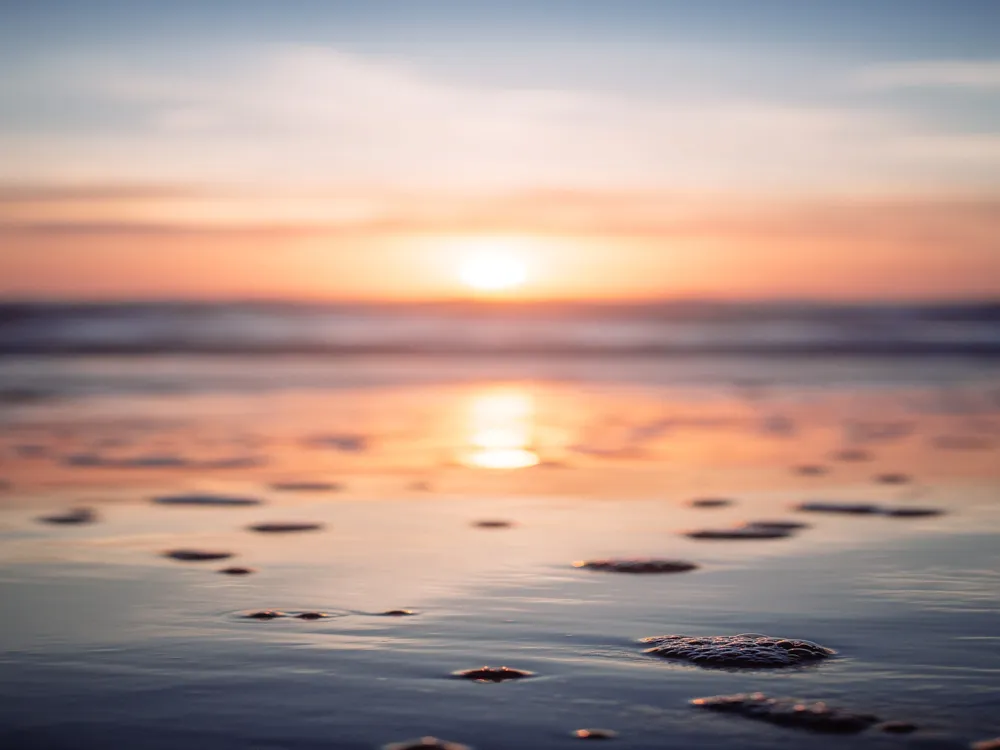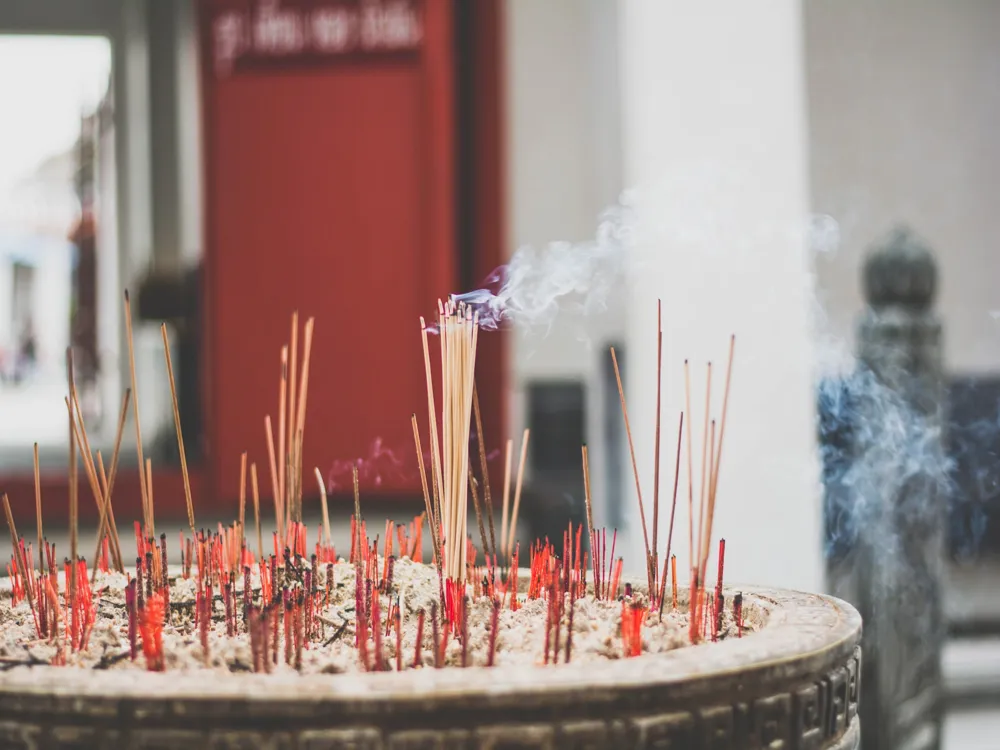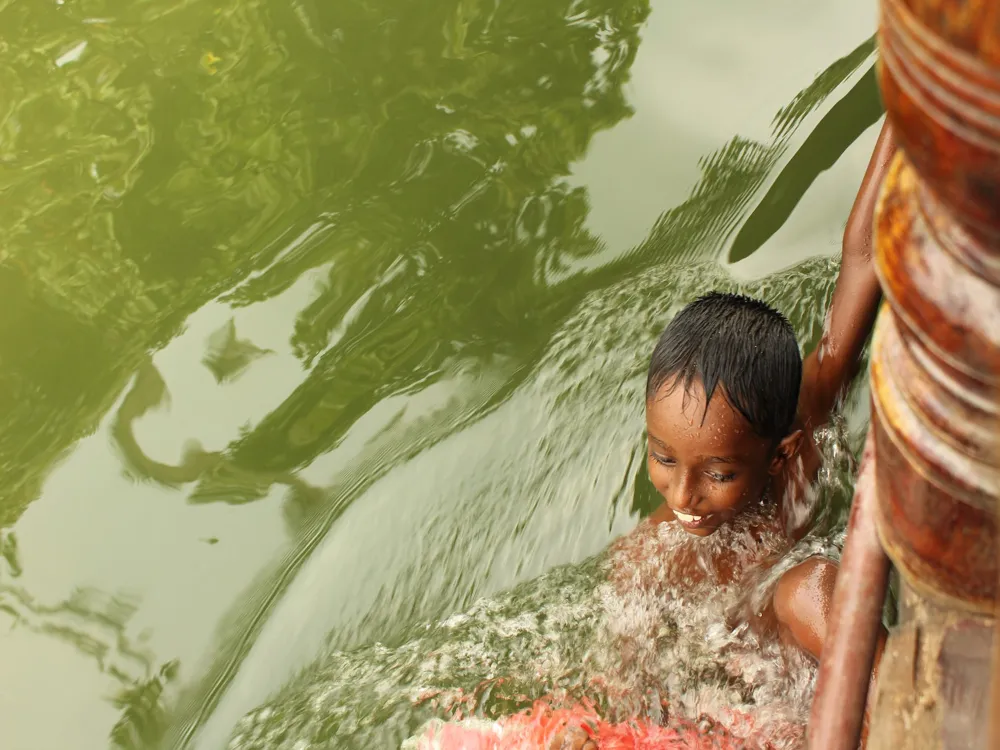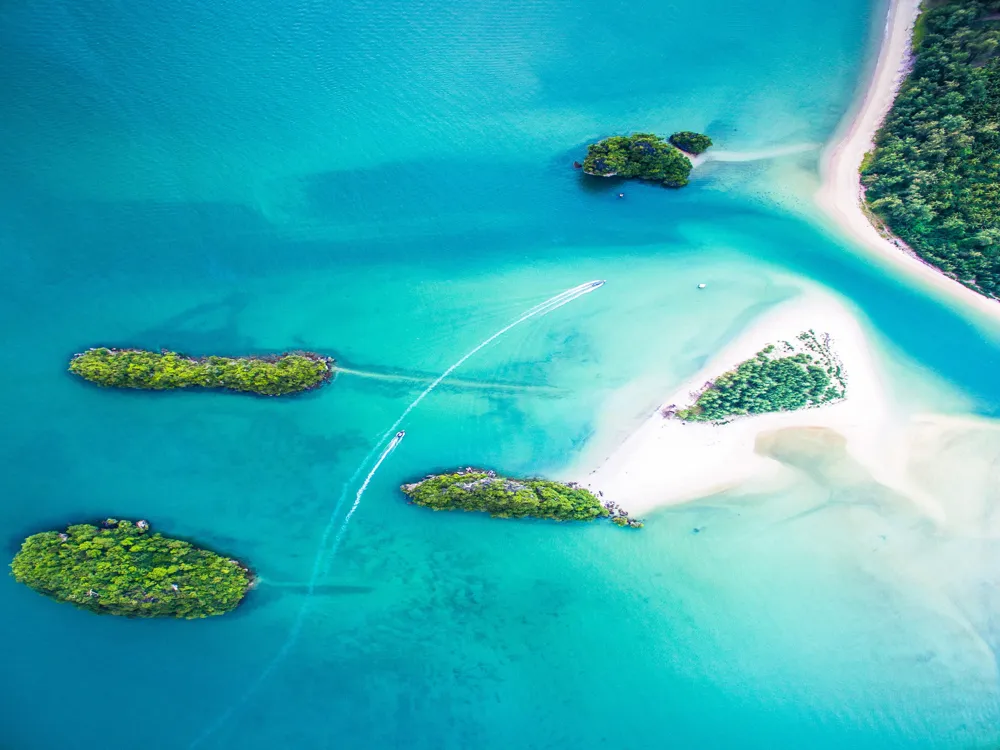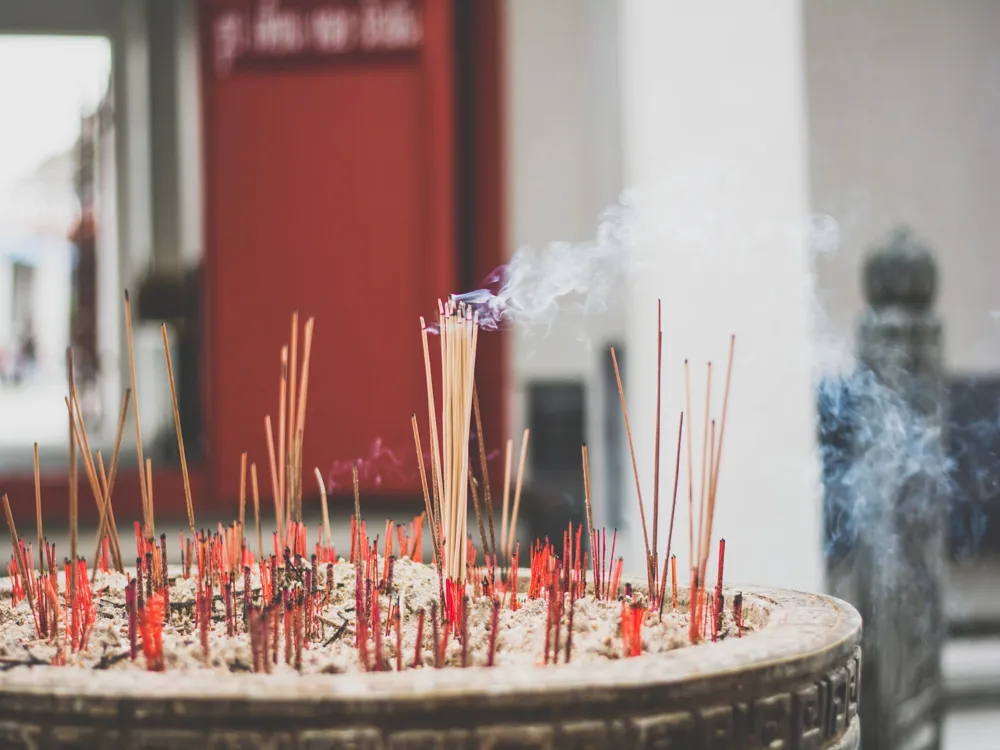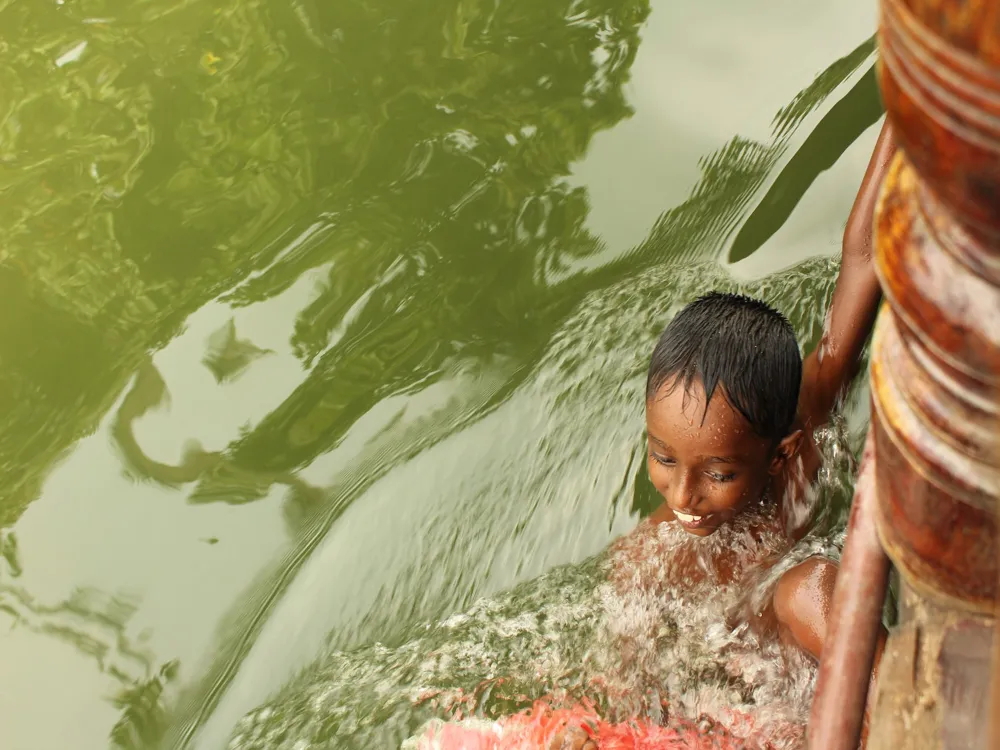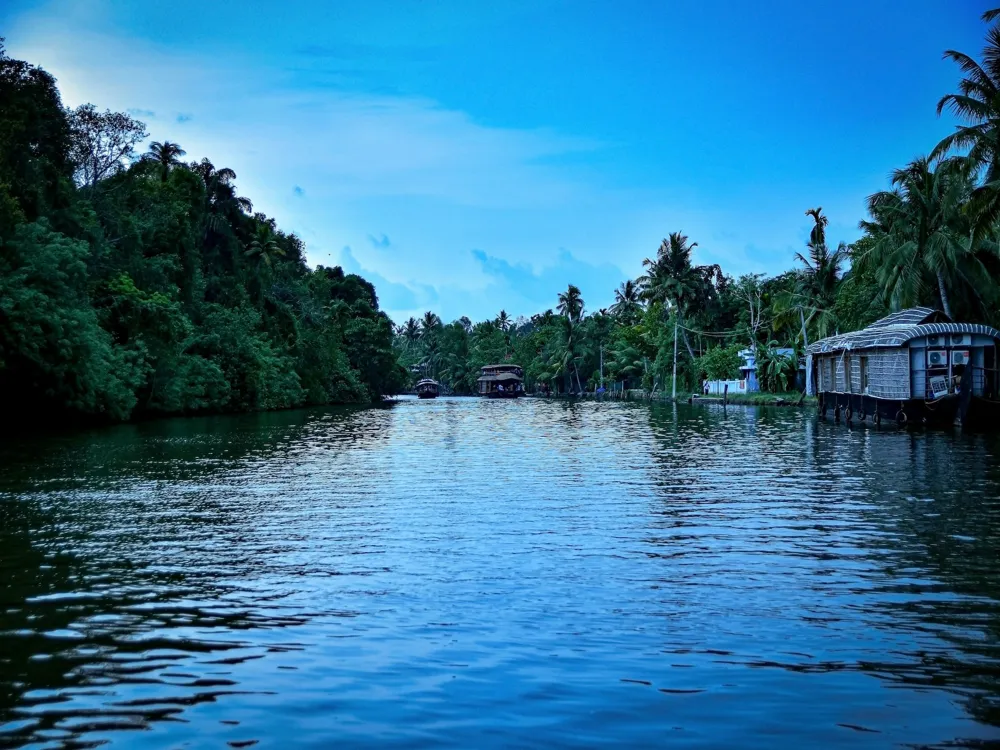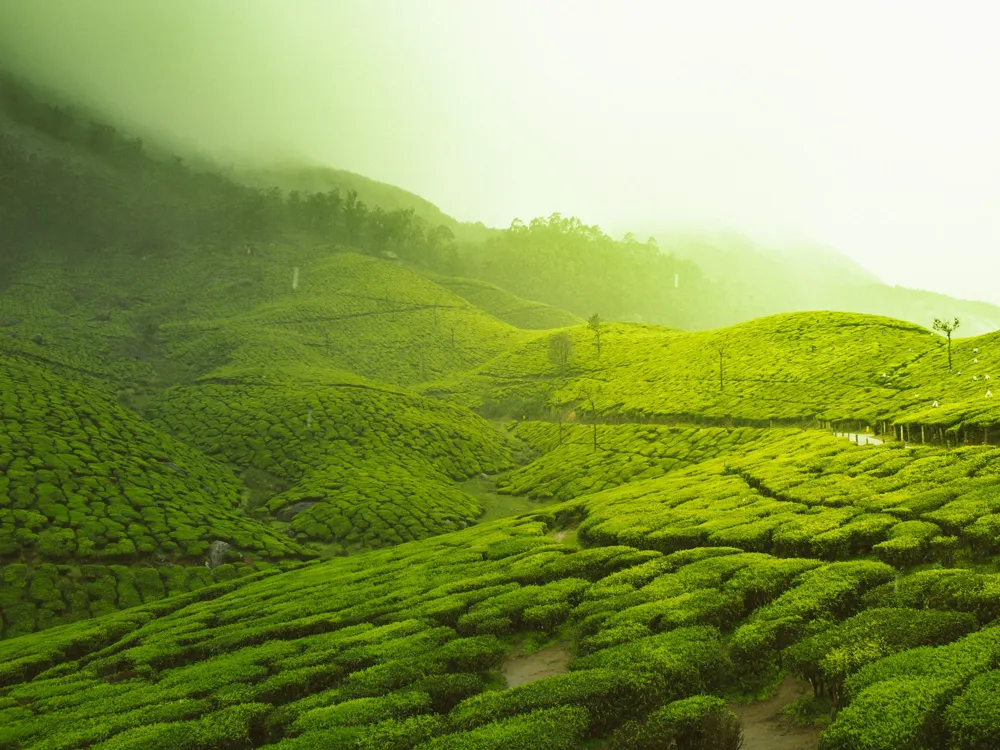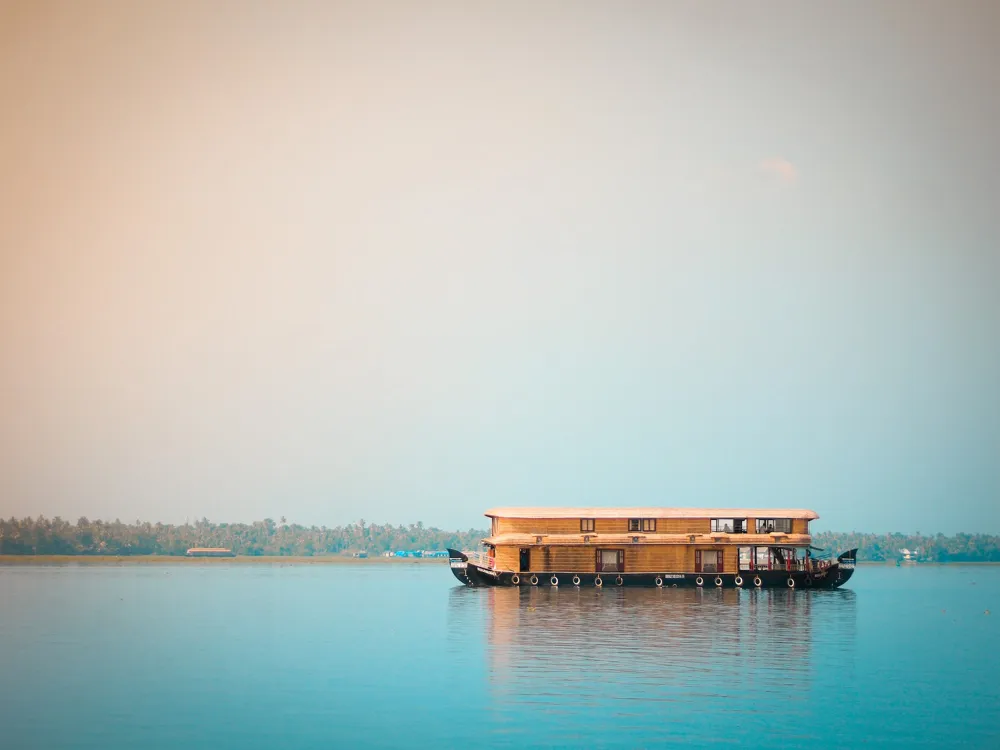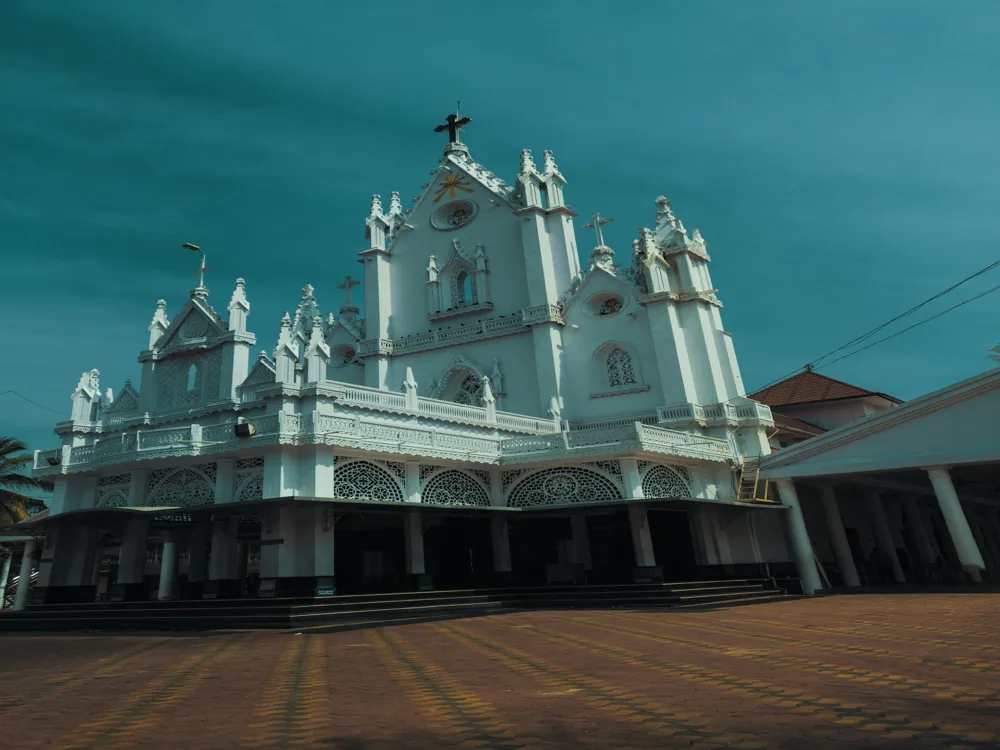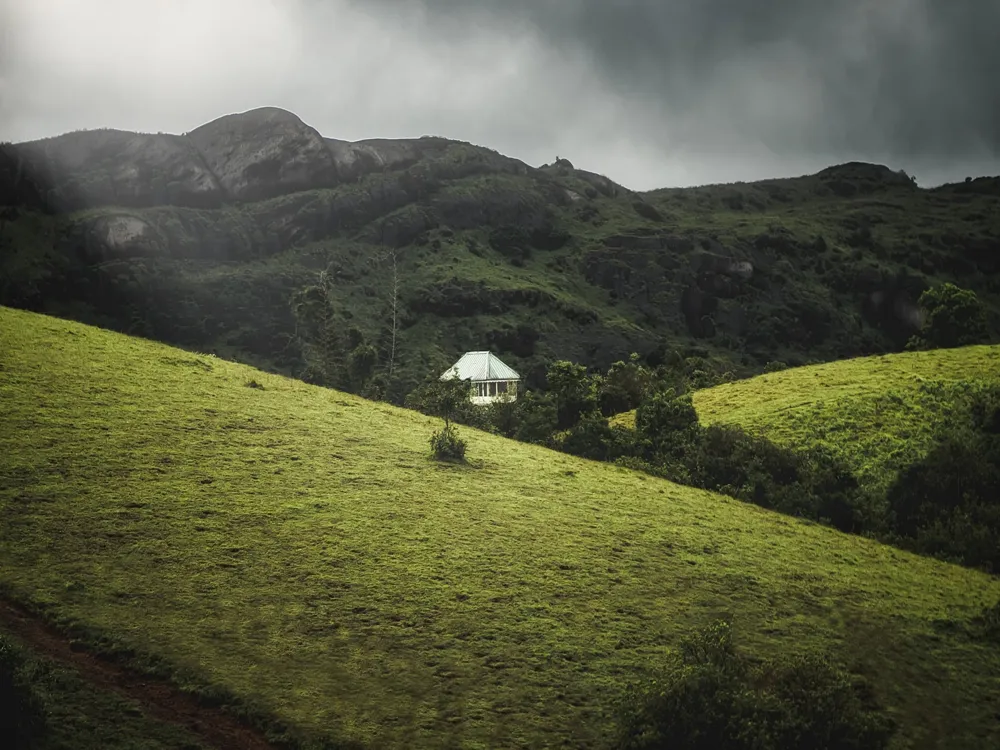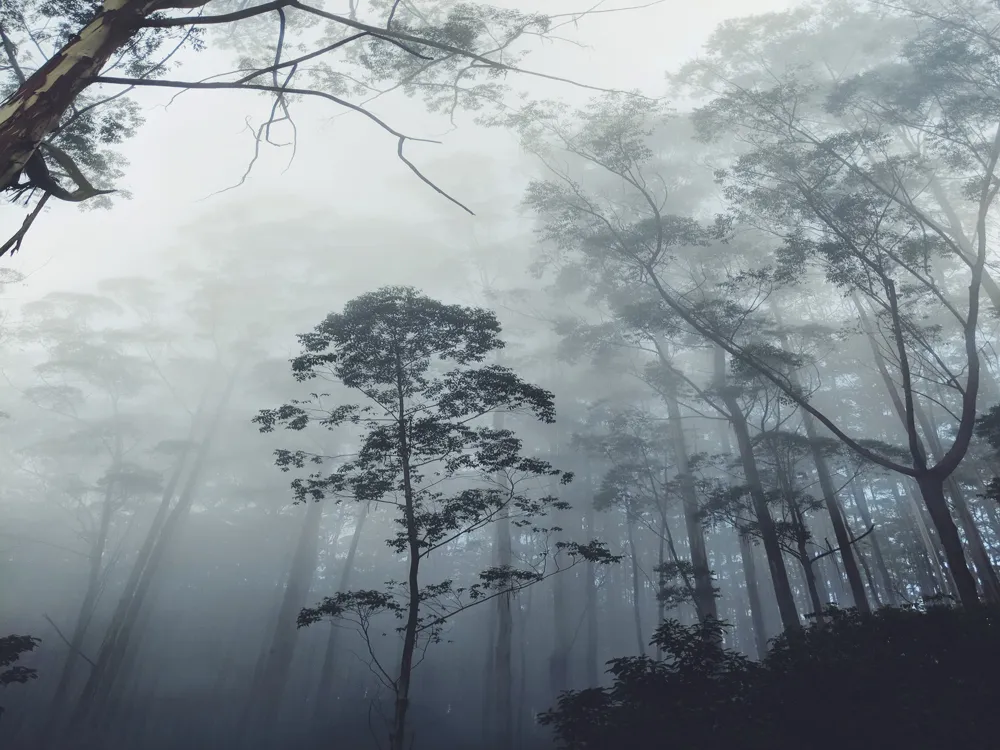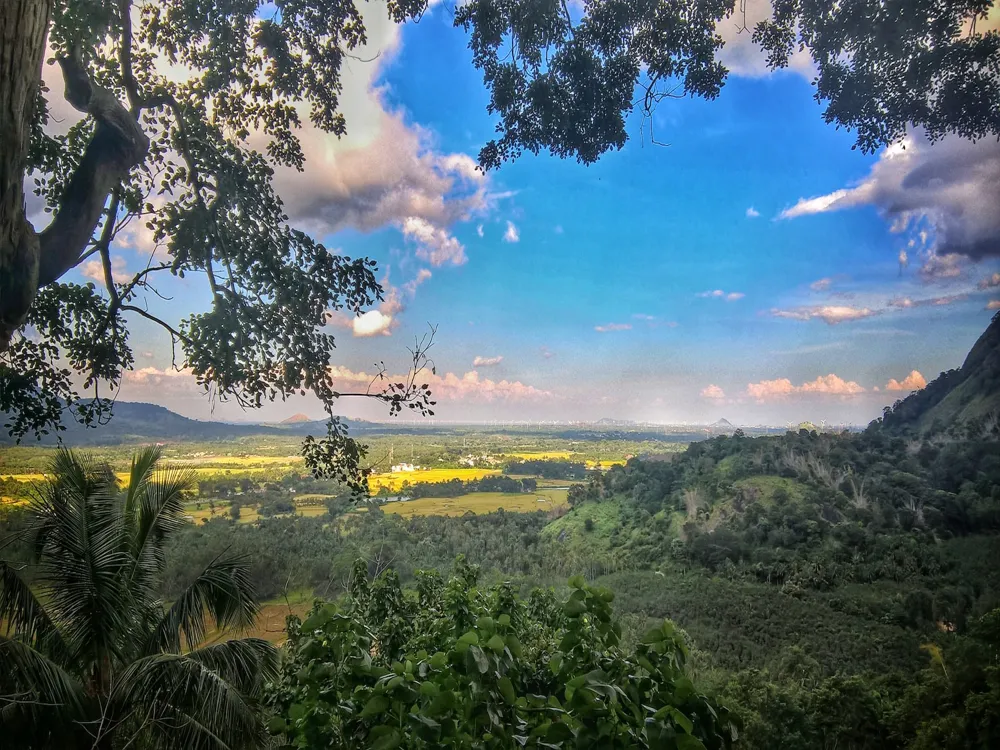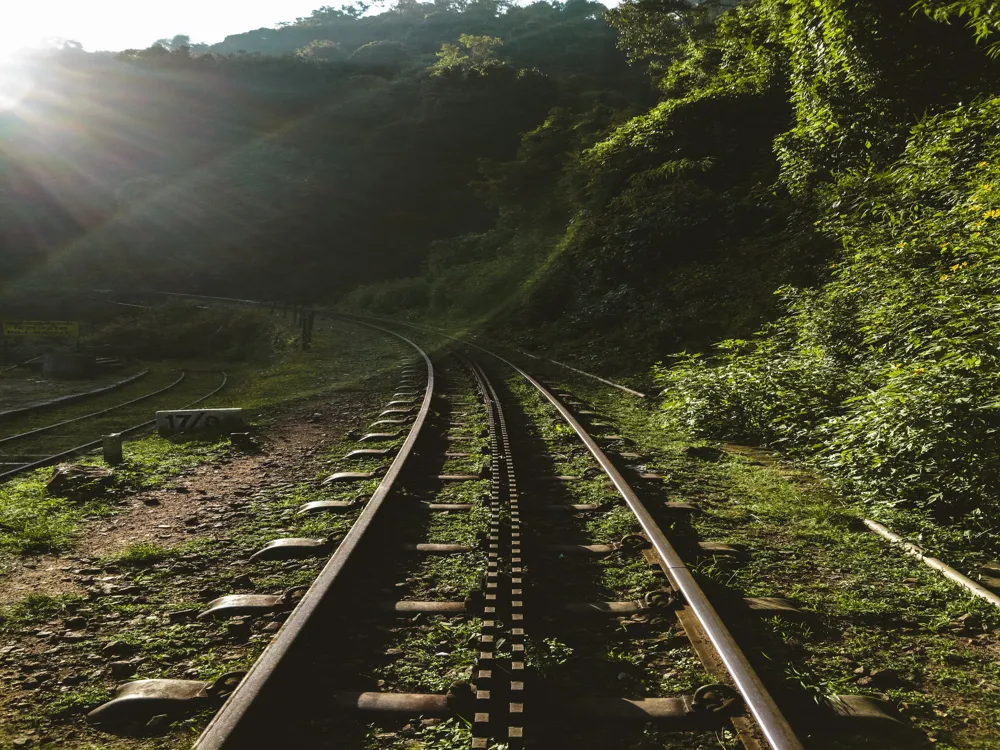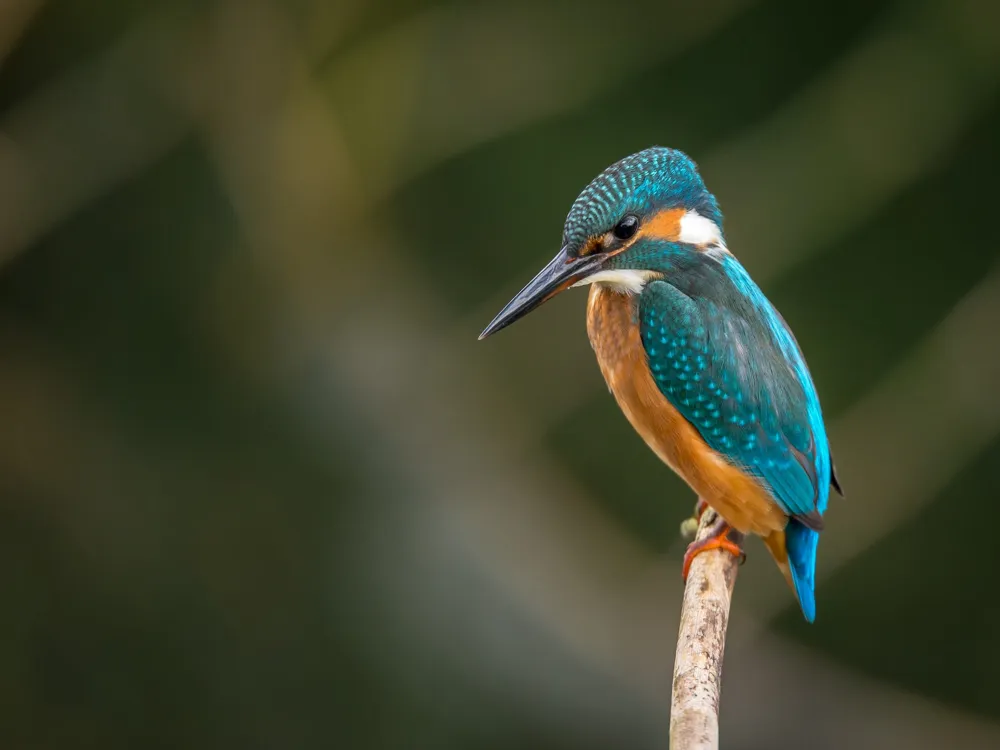The Bay Island Driftwood Museum of Alleppey, Kerala, is a unique and fascinating destination that showcases the beauty and artistry of driftwood sculptures. This museum, located in the picturesque backwaters of Kerala, offers a glimpse into the transformative art of converting driftwood, shaped and sculpted by the sea, into exquisite pieces of art. The museum's collection, gathered and curated by Ms. Raji Punnoose, a schoolteacher by profession, stands as a testament to creativity and the magic of nature's forces. Spanning a wide range of sizes and shapes, the driftwood sculptures in the museum have been collected from the Kerala coast and transformed through a meticulous process of cleaning, preserving, and sculpting. These pieces are more than just art; they are stories molded by the sea, each with its own history and journey. The museum's collection includes a wide variety of sculptures, from those resembling animals and birds to abstract forms, each piece silently narrating its own tale. The Bay Island Driftwood Museum is not only a place for art enthusiasts but also for those who appreciate the intricate dance between nature and human creativity. Visitors are treated to a visual feast that spans the spectrum from realism to abstract art, all born from the hands of nature and reshaped by human ingenuity. The museum is a celebration of resilience, showcasing how objects discarded by the sea are transformed into captivating works of art. Beyond its artistic allure, the museum is a beacon of environmental consciousness, highlighting the importance of recycling and repurposing natural materials. It serves as an inspiration, showing how art can emerge from the most unexpected places and materials, and stands as a symbol of hope and renewal. The Bay Island Driftwood Museum is more than just a tourist spot; it's a journey into the heart of nature's artistic soul, narrated through the language of driftwood. The Bay Island Driftwood Museum of Alleppey is not just known for its unique collection but also for its distinctive architectural style. The museum building is a harmonious blend of traditional Kerala architecture with modern design elements, creating a space that is both aesthetically pleasing and functionally apt for showcasing the driftwood art. Constructed using locally sourced materials, the museum building is a fine example of sustainable architecture. The use of natural materials like wood, stone, and traditional roof tiles gives the museum a rustic charm that complements the driftwood exhibits. Large windows and open spaces ensure ample natural light, which enhances the visual appeal of the sculptures and creates a warm, welcoming atmosphere for visitors. The museum's layout is thoughtfully designed to guide visitors through a journey of artistic discovery. The display areas are strategically placed to provide an uncluttered view of each piece, allowing visitors to appreciate the intricacies and details of the sculptures. The use of natural elements in the architecture, like courtyards and water bodies, adds to the serene ambiance, making the museum a tranquil oasis amidst the bustling backwaters of Kerala. One of the highlights of the museum's architecture is its integration with the surrounding natural landscape. The building is set amidst lush greenery, with views of the backwaters, providing a perfect backdrop for the driftwood art. This integration creates a seamless indoor-outdoor experience, blurring the lines between the museum and the natural world it celebrates. In conclusion, the architecture of the Bay Island Driftwood Museum is a reflection of its ethos – a harmonious blend of art, nature, and sustainability. It stands not just as a house for artistic treasures but as an artistic masterpiece in itself, inviting visitors to explore and experience the unique synergy of art and architecture. The ideal time to visit the museum is during the cooler months of October to March, when Kerala's climate is most pleasant. Consider taking a guided tour to gain deeper insights into the stories behind each driftwood piece. Check the museum's photography policy beforehand, as some areas may restrict photography. The museum is generally accessible, but it's advisable to check in advance if you have specific accessibility needs. Respect local customs and dress modestly, keeping in line with Kerala's cultural sensibilities. Reaching the Bay Island Driftwood Museum is a journey in itself, offering visitors a glimpse into the scenic beauty of Kerala. The museum is located in the Alappuzha district, known for its beautiful backwaters and lush landscapes. For those traveling by air, the nearest airport is the Cochin International Airport, from where you can hire a taxi or take a bus to Alappuzha. The journey by road is picturesque, with views of the Western Ghats and the backwaters. For visitors preferring train travel, the Alappuzha Railway Station is the nearest railhead, well-connected to major cities in India. From the railway station, the museum is a short drive away. Alternatively, one can experience the unique charm of Kerala by traveling to the museum via the backwaters. Local ferries and houseboats offer services to Alappuzha, providing a serene and scenic route to the museum. Regardless of the mode of transportation, the journey to the Bay Island Driftwood Museum is an integral part of the experience, offering visitors a taste of Kerala's natural beauty and cultural richness. Read More: Overview of Bay Island Driftwood Museum of Alleppey, Kerala
Architecture of Bay Island Driftwood Museum
Tips When Visiting Bay Island Driftwood Museum
Best Time to Visit
Guided Tours
Photography Rules
Accessibility
Local Customs and Etiquette
How To Reach Bay Island Driftwood Museum
Bay Island Driftwood Museum
Alleppey
Kerala
₹ 8,999 onwards
View alleppey Packages
Weather :
Tags : Museum
Entry Fee : Sun - Sun 11:30 AM - 5:00 PM
Tue - Sat 10:00 AM - 5:00 PM
Planning a Trip? Ask Your Question
Alleppey Travel Packages
View All Packages For Alleppey
Top Hotel Collections for Alleppey

Private Pool

Luxury Hotels

5-Star Hotels

Pet Friendly
Top Hotels Near Alleppey
Other Top Ranking Places In Alleppey
View All Places To Visit In alleppey
Faq on Alleppey
What is the Bay Island Driftwood Museum in Alleppey?
The Bay Island Driftwood Museum in Alleppey is a unique museum dedicated to showcasing a fascinating collection of driftwood sculptures crafted by artist Raji Punnoose.
Where is the Bay Island Driftwood Museum located in Alleppey?
The Bay Island Driftwood Museum is located in Alleppey, Kerala, India. It is situated near the backwaters, offering visitors a serene and scenic location.
Who is the artist behind the driftwood sculptures in the museum?
The driftwood sculptures in the museum are created by Raji Punnoose, a talented artist known for her intricate and imaginative pieces.
What materials are used to create the sculptures in the Bay Island Driftwood Museum?
The sculptures in the Bay Island Driftwood Museum are made entirely from driftwood pieces collected from the beaches of Kerala.
What makes the Bay Island Driftwood Museum unique?
The Bay Island Driftwood Museum is unique due to its collection of sculptures made solely from natural driftwood, each piece handcrafted to exhibit creativity and skill.
View alleppey Packages
Weather :
Tags : Museum
Entry Fee : Sun - Sun 11:30 AM - 5:00 PM
Tue - Sat 10:00 AM - 5:00 PM
Planning a Trip? Ask Your Question
Alleppey Travel Packages
View All Packages For Alleppey
Top Hotel Collections for Alleppey

Private Pool

Luxury Hotels

5-Star Hotels

Pet Friendly
Top Hotels Near Alleppey
Other Top Ranking Places In Alleppey
Faq on Alleppey
What is the Bay Island Driftwood Museum in Alleppey?
The Bay Island Driftwood Museum in Alleppey is a unique museum dedicated to showcasing a fascinating collection of driftwood sculptures crafted by artist Raji Punnoose.
Where is the Bay Island Driftwood Museum located in Alleppey?
The Bay Island Driftwood Museum is located in Alleppey, Kerala, India. It is situated near the backwaters, offering visitors a serene and scenic location.
Who is the artist behind the driftwood sculptures in the museum?
The driftwood sculptures in the museum are created by Raji Punnoose, a talented artist known for her intricate and imaginative pieces.
What materials are used to create the sculptures in the Bay Island Driftwood Museum?
The sculptures in the Bay Island Driftwood Museum are made entirely from driftwood pieces collected from the beaches of Kerala.
What makes the Bay Island Driftwood Museum unique?
The Bay Island Driftwood Museum is unique due to its collection of sculptures made solely from natural driftwood, each piece handcrafted to exhibit creativity and skill.







